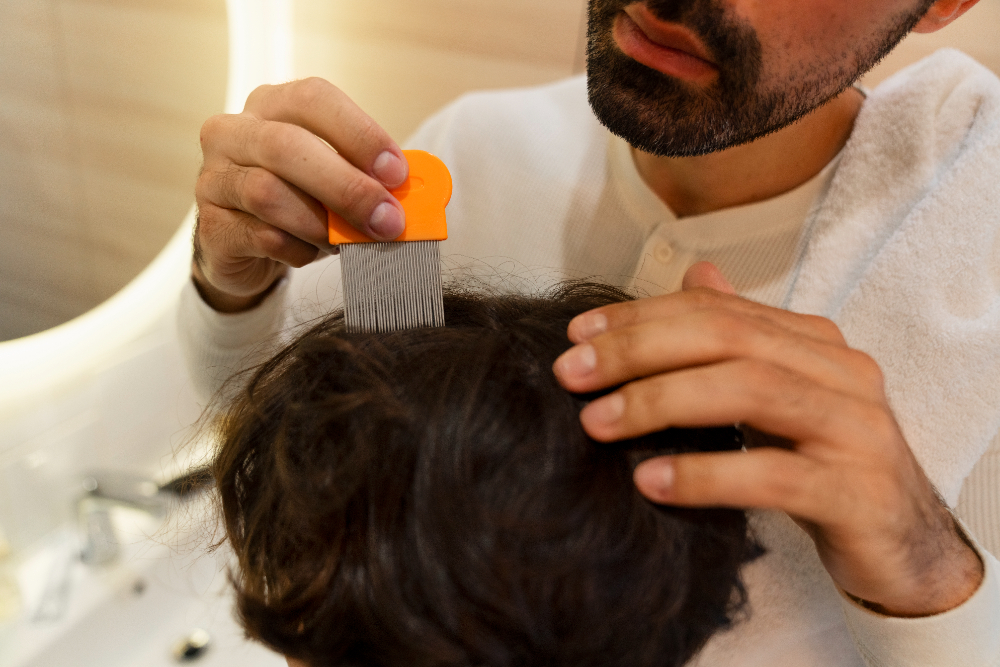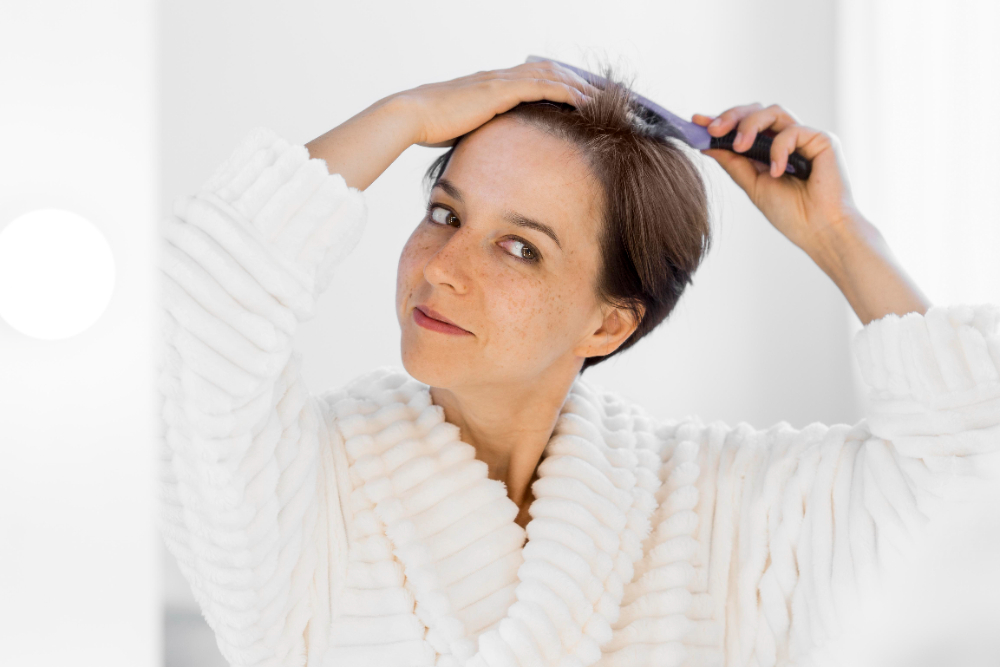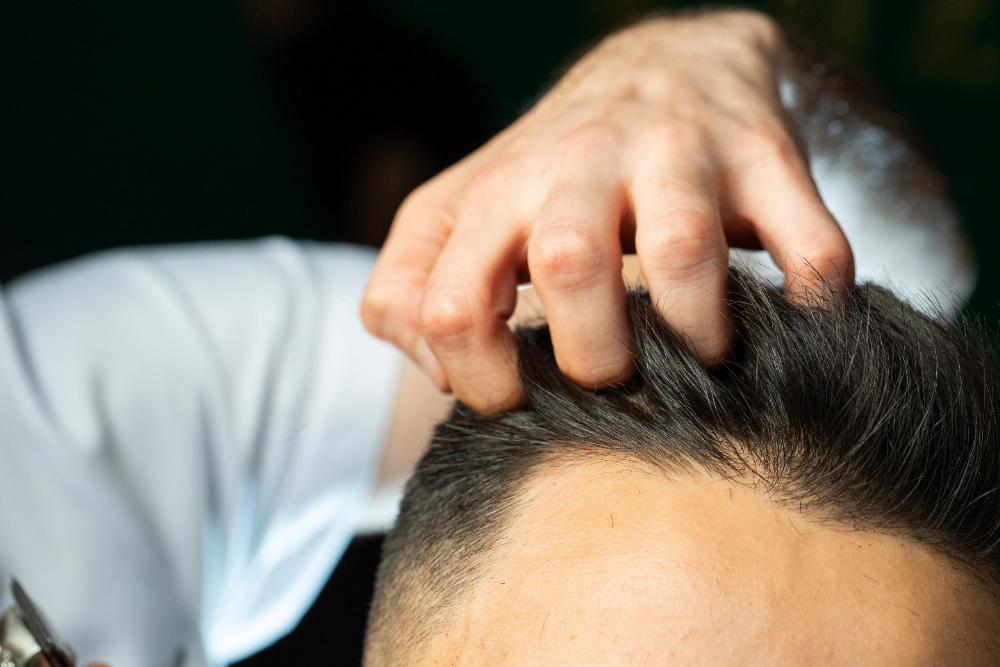Thin hair is a concern for many, affecting both men and women. As hair starts to thin, it can lead to feelings of frustration and self-consciousness. While various thinning hair treatment promise results, not all of them live up to expectations. Understanding what works and what doesn’t is key to finding the right solution for thinning hair.
Effective thinning hair treatment is not a one-size-fits-all solution. It depends on several factors, including the cause of hair thinning, your lifestyle, and how early the thinning was noticed. Some treatments may work wonders for some people, while others may find little to no improvement.
Common Causes of Thinning Hair
Before exploring treatments, it’s important to understand the root causes. These can include:
- Hormonal changes (e.g., pregnancy, menopause, or thyroid problems)
- Genetics (family history of hair loss)
- Stress and anxiety
- Poor diet or nutrition deficiencies
- Certain medications
Knowing the underlying cause can help in choosing the right thinning hair treatment.
Medical Treatments That Work
There are several proven medical treatments available for thinning hair. These treatments may not guarantee a full recovery but can help slow the progression of hair loss and promote growth.
1. Minoxidil
Minoxidil is a topical treatment that is widely recommended for people experiencing thinning hair. It works by stimulating hair follicles, encouraging new hair growth. It is available in both liquid and foam forms and is often used twice daily. Results can take several months to become noticeable.
- Effective for both men and women
- Easy to use
- Available without a prescription
Minoxidil is a popular thinning hair treatment, but its effectiveness varies from person to person. Some users report noticeable hair regrowth, while others see minimal improvement.
2. Finasteride
Finasteride is an oral medication primarily prescribed for men. It works by blocking the hormone responsible for shrinking hair follicles, thus slowing hair loss. It is effective in treating male pattern baldness and may help with hair thickening.
- Prescription-only treatment
- Can take up to a year to show results
- Associated with potential side effects
If you are considering Finasteride, it’s important to consult with a healthcare provider to assess if it’s the right option for you.

Non-Medical Treatments
If you’re looking for non-medical options for thinning hair, there are still several treatments that can be effective.
3. Hair Thickeners
For individuals looking for immediate, visible results, hair thickening products can provide a quick solution. These products coat the hair strands, making them appear thicker and fuller. They are a temporary fix but can be quite effective for styling.
- Simple to use
- Instant results
- No need for prescription
Hair thickeners do not stop hair thinning, but they can enhance the appearance of your hair, making it look fuller.
4. Laser Therapy
Low-level laser therapy (LLLT) uses light to stimulate hair follicles and promote hair growth. Several devices on the market, including combs, helmets, and caps, claim to use this method to treat thinning hair.
- Non-invasive
- No side effects
- Requires multiple sessions for effectiveness
LLLT may help encourage hair growth, but it is typically more effective when used in conjunction with other treatments like Minoxidil or Finasteride.

Lifestyle Changes for Thinning Hair Treatment
Making certain lifestyle changes can also contribute to better hair health. These include:
- Eating a balanced diet rich in vitamins and minerals (like Vitamin D and iron)
- Reducing stress through exercise or meditation
- Avoiding excessive use of heat styling tools
While these changes may not work as quickly as medical treatments, they can promote healthier hair over time and prevent further damage.
What Doesn’t Work
There are a few treatments for thinning hair that are not supported by significant scientific evidence. These include:
- Miracle shampoos
- Unproven herbal supplements
- Excessive use of home remedies like coconut oil
While these products and remedies may not cause harm, they typically offer no significant long-term results in reversing thinning hair. It’s best to be cautious and avoid wasting money on products that do not have proven efficacy.
Start Your Journey to Fuller Hair Today
Finding an effective thinning hair treatment requires a combination of understanding the causes of hair loss and exploring various treatments. While medical treatments like Minoxidil and Finasteride can offer promising results, non-medical options such as hair thickeners and laser therapy can also provide temporary relief.
When choosing a treatment, consider factors such as your hair type, lifestyle, and any underlying medical conditions. And remember, consistency is key to seeing results. Consult with a healthcare professional if you’re unsure about which option is best for you.

